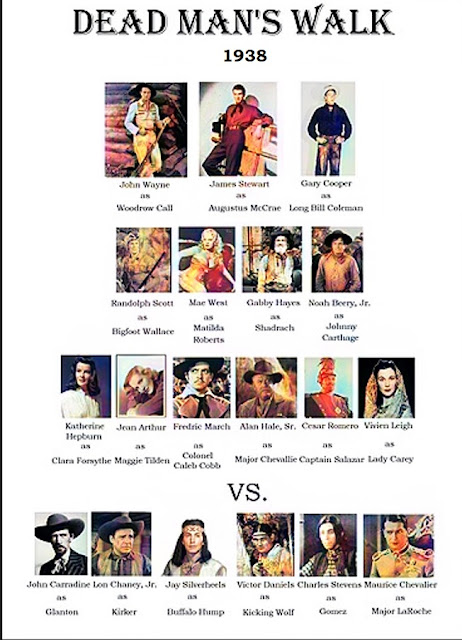A Liberal
Dose
January 26,
2023
Troy D.
Smith
“A Few
Words About Dr. Martin Luther King, Jr.”
Last Thursday (January 19) was the 1st Annual
Tennessee Tech Martin Luther King, Jr. Candlelight Vigil. The event was
organized by Student Activities Coordinator Lakeisha Claybrooks, and hosted by
Student Engagement Director Charria Campbell. I was one of several people
invited to speak briefly. Other speakers were Krystal Akehinmi and Arthur
Banton (both, like me, from the History Dept.), Helen Hunt, Andrew Smith, and
Erin Hoover (all from the English Dept.), and three students: Mark Rine
(Biology grad student and president of the campus NAACP), Na’Quaija Gaines
(Criminology), and Kelley Fluker (Mechanical Engineering).
For my column this week I am sharing the speech I gave:
“Hello, I am Troy Smith, from the History Department. I was
born in July, 1968, three months after the assassination of Dr. King… he has
been my hero pretty much my entire life, so it is indeed an honor for me to be
here tonight and be part of this event.
Dr. Martin Luther King, Jr. preached at Ebenezer Baptist
Church. Now, when people hear Ebenezer, they think of Scrooge... but Ebenezer
is a place in the Bible. It is the spot at which, after God had given His
people a great victory, the Prophet Samuel set up a memorial stone to mark that
day. Ebenezer literally means ‘Stone of Help.’ And when Samuel sanctified that
stone, he said, ‘We have come this far by God’s help.’ Yes, friends, it is
appropriate to memorialize the victories that God has given us, and the people
He has sent to help us. That’s one of the things I love about Dr. King. He knew
and honored the past. He acknowledged he stood on the shoulders of giants.
People like A. Philip Randolph and Bayard Rustin, both of whom Dr. King brought
in to his actions. He didn’t leave them in the past, any more than we leave him
in the past. We honor him, and what he stood for, and all those who came before
him and after him too.
In Dr. King’s day he was vilified as an agitator, as a
troublemaker. And yet this week there are some people out there -often the very
people putting stumbling blocks into the path of those still working for
dignity and freedom -who say ‘God Bless Martin Luther King. At least HE wasn’t
an agitator.’ Well, they weren’t paying attention.
What is agitation? That word does not mean ‘violence.’ I
found three definitions.
1.
To stir or disturb something briskly. It’s
usually done to make something clean. Just try washing your clothes, or
anything else, without agitation and see where you get.
2.
To campaign to arouse public concern about an
issue in the hope of prompting action. Well, that’s Dr. King to a T, isn’t it.
3.
To make someone troubled or nervous.
There you have it, friends. You can’t make something clean
without agitation. You can’t cause change without making someone troubled and
nervous. And we honor Dr. King for doing that. But we don’t just set up a
memorial stone and just stop. We’ve come THIS FAR with God’s help. But we are
NOT THERE YET. We have to keep moving forward.
The other day I heard the Reverend Al Sharpton say ‘Martin
Luther King Day is not a day to take off. It is a day to take ON.’ To take on
the inequity that is still there. So, let us set our Ebenezer, let us
memorialize those God has used, and then let us move forward -because it is our
turn, our turn to agitate until the stain is finally gone.
Thank you.”
--Troy D.
Smith, a White County native, is a novelist and a history professor at
Tennessee Tech. His words do not necessarily represent TTU.
You can find all previous entries in this weekly column HERE
A list of other historical essays that have appeared on this blog can be found HERE
Author's website: www.troyduanesmith.com










